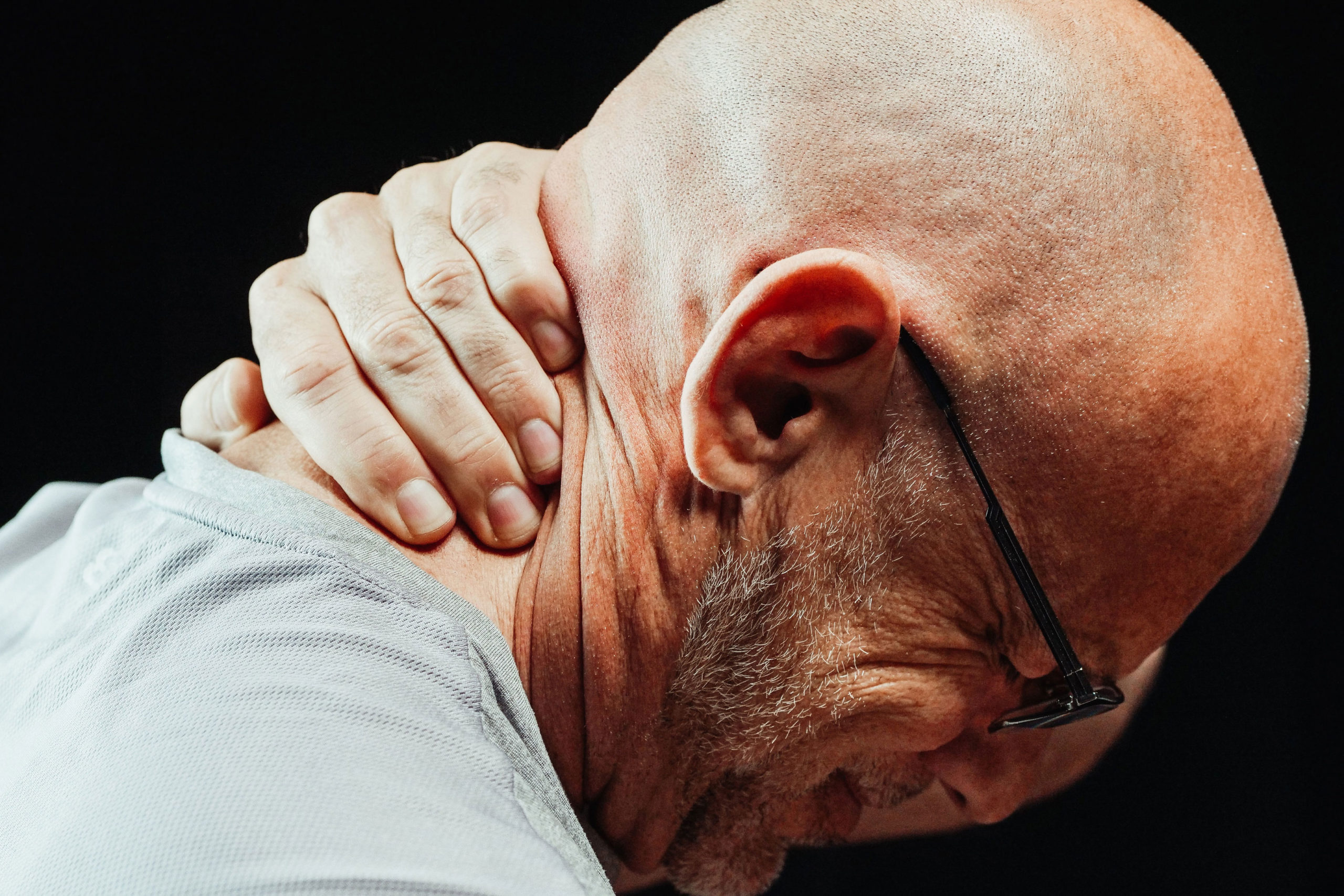Are people’s glutes really ‘not firing’?
Recently, I taught a continuing education course to some amazing musculoskeletal health care professionals. In the course, I repeatedly expressed my displeasure with the current trend of musculoskeletal health care practitioners and strength & conditioning coaches blaming people’s ‘glutes not firing’ for their unwanted physical symptoms (note that…
‘Wear’ are we with Osteoarthritis?
Cartilage has no blood vessels or nerves and is believed, by many, to be an inert tissue that does not have the ability to repair itself or adapt. I think it is also fair to say that, for quite some time, the common belief that has been held…
The Best Exercises Are…
There are ongoing debates in the musculoskeletal health care world concerning what type of rehabilitative exercise is the most effective for particular injuries or conditions. After all the research is combed through, there is often no clear-cut answer. That being said, if you zoom out and take in…
When To Begin Rehabilitation
Like any discussion about a particular topic, it is always good to start by looking at the macro concepts that the topic lies within. Every human, no matter their age, gender, or ethnicity is subject to some basic principles of physiology. I will discuss a couple of these…
The Role of Beliefs in Musculoskeletal Health Care
It is widely acknowledged that health is multifactorial and the biopsychosocial model is one of, if not the most often used model to describe this concept. The BPS model considers biological, psychological and social factors and their complex interactions in understanding health and disease. (Figure 1). Beliefs are…
What is wrong with 3 sets of 10 reps?
It depends. It depends on what setting we are talking about and what the context is within that setting. It depends on all of the details within that context. Is this in a clinical setting? Is this in a high-performance strength and conditioning setting? Is the person injured…




